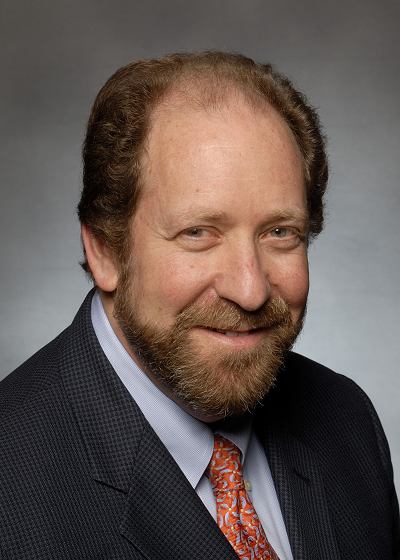
David M. Eisenberg, MD, the Bernard Osher Distinguished Associate Professor of Medicine at Harvard Medical School, will deliver the Complementary and Alternative Medicine Academic Interest Group Lecture at UMass Medical School on April 21.
From acupuncture to aromatherapy, reflexology to Reiki, alternative therapies that are becoming increasingly integrated into modern medical practice will be featured at the third annual Alternative and Complementary Medicine Expo. The expo, which will be held on Thursday, April 21, from 3 to 6 p.m. in the Faculty Conference Room, is free and open to the public.
Expo attendees are invited to speak with local practitioners, who will provide personalized, complimentary treatments so that individuals can experience complementary and alternative therapies firsthand. The event will include practitioners of European natural medicine, herbal medicine, integrative medicine in clinical practice, massage therapy, medical qigong, naturopathy, tai chi, Thai massage, Tibetan medicine, tong ren healing, tui na, traditional Chinese medicine, yoga, vibrational medicine as well as wellness/lifestyle educators. Live music and multi-cultural crafts available for sale will round out the festivities.
Also on April 21, the Medical School will host a lecture in conjunction with the expo. David M. Eisenberg, MD, will present IntegrativeMedicine: Reflections on Past, Present, and Future Challenges and Opportunities at 6:30 p.m., with light refreshments available at 6 p.m. Dr. Eisenberg is the Bernard Osher Distinguished Associate Professor of Medicine at and founding director of the Osher Research Center at Harvard Medical School, and founding chief of the center’s Division for Research and Education, Complementary and Integrative Medical Therapies. The lecture will be held in Amphitheater I, and is also free and open to the public.
Reflecting the broad interest in complementary and alternative approaches across medical specialties, the expo and lecture are jointly sponsored by the Medical School’s Pathway on Serving Multicultural and Underserved Populations, the Department of Psychiatry’s
Complementary and Alternative Medicine Academic Interest Group and Simonds-Hurd Complementary Care Center—Affiliated with HealthAlliance Hospital and Womens’ Health of Central Massachusetts. To learn more about the expo, send an email to vincent.mitchellIII@umassmed.edu. For further information about the lecture, send an email to barbara.grimes-smith@umassmed.edu.
| What is complementary and alternative medicine? According to the National Institutes of Health National Center for Complementary and Alternative Medicine, “Complementary and alternative medicine (CAM) is a group of diverse medical and health care systems, practices and products that are not generally considered part of conventional medicine. Therapies are considered complementary when they’re used in addition to conventional treatment to reinforce the immune system, relieve symptoms and enhance the effectiveness of conventional therapies. The same treatment may be considered alternative if it is used instead of conventional treatment.” |